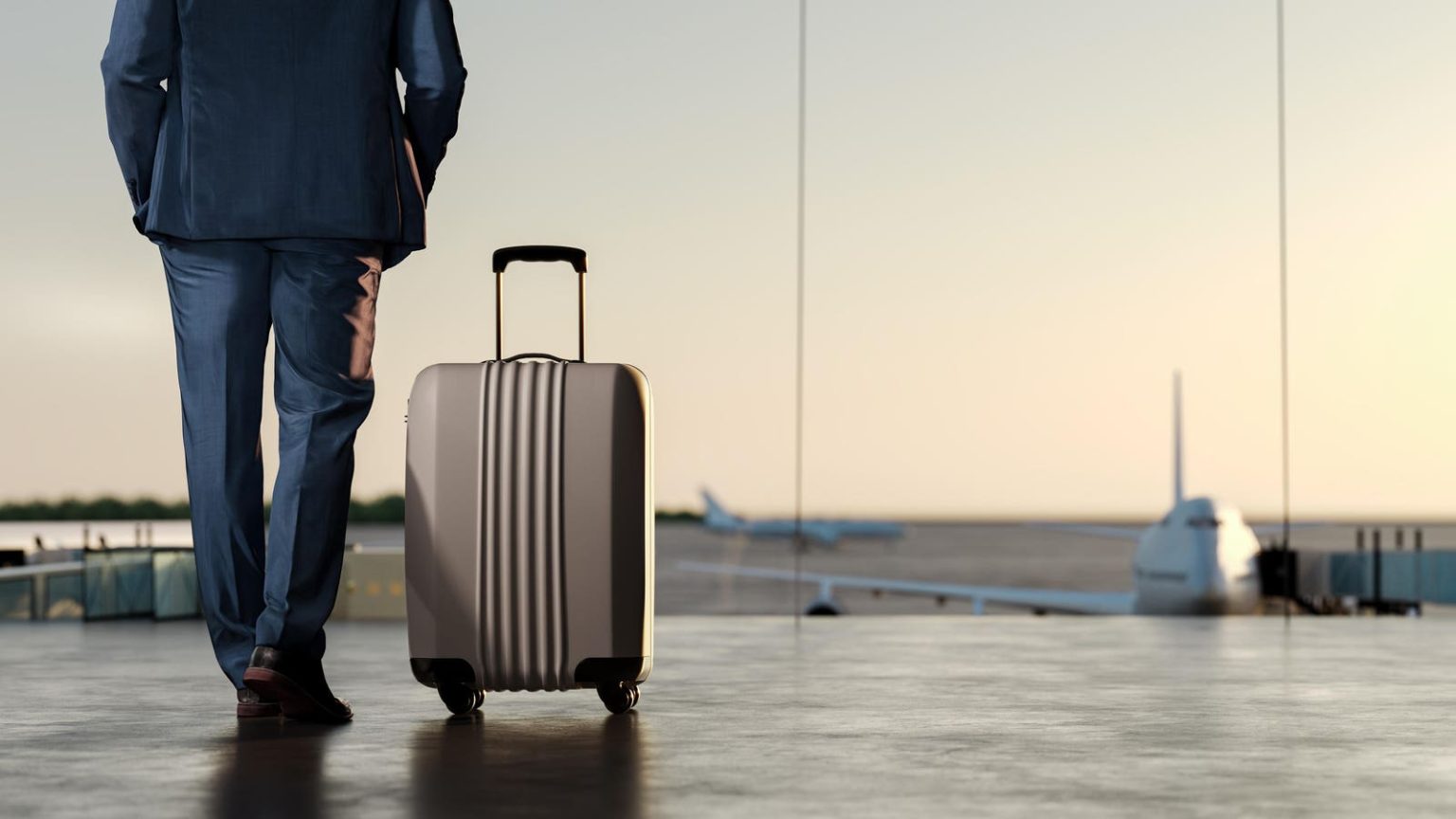Business trips are no longer just about corporate growth, but also offer opportunities for personal enrichment. To make the most out of these trips, professionals should focus on networking, enhancing company culture through travel, and integrating leisure activities with work commitments. By striking a balance between work and leisure, individuals can maintain a healthy work-life balance while traveling, making their business trips both productive and enjoyable.
Networking is a key aspect of business travel, allowing professionals to meet industry peers, potential clients, and gain valuable insights and connections. Attending industry conferences, business events, and informal gatherings in different regions can lead to innovative ideas, project collaborations, and future business partnerships. Additionally, exploring new markets during business trips provides professionals with an opportunity to understand local business environments, consumer behavior, and emerging trends.
Business travel plays a crucial role in strengthening company culture by creating shared experiences among employees. These trips offer opportunities for team members to bond outside the traditional office setting, fostering collaboration and a sense of belonging. Face-to-face interactions are essential for building relationships, boosting collaboration, and managing remote teams effectively. Companies with strong travel cultures report higher employee satisfaction, improved operational efficiency, and better management of remote teams, highlighting the importance of in-person connections in reinforcing corporate culture.
Integrating leisure activities with work commitments during business trips can significantly enhance personal well-being and professional performance. By extending their stay for some personal exploration once the business portion of the trip is over, professionals can unwind and enjoy the destination at a leisurely pace. Engaging in local leisure activities, such as visiting cultural sites, participating in recreational events, or trying local cuisine, can provide a refreshing break from work routines and offer new perspectives.
Robert Hoffman, Founder and CEO of Xchange of America, recommends taking an extra day or two at the end of a business trip to experience the local culture and enrich oneself. By exploring highly rated traditional restaurants and museums with local artifacts, individuals can gain a deeper understanding of the area’s history and engage in meaningful conversations with others. This not only enhances personal enrichment but also provides opportunities to learn new things and connect with business partners on a more personal level.
By combining strategies such as maximizing networking opportunities, strengthening company culture through shared travel experiences, and seamlessly integrating leisure with work commitments, professionals can ensure that their business trips are productive, enriching, and balanced. This balanced approach to business travel leads to more rewarding and enjoyable experiences, benefiting both individuals and their organizations in terms of professional success and personal fulfillment.













